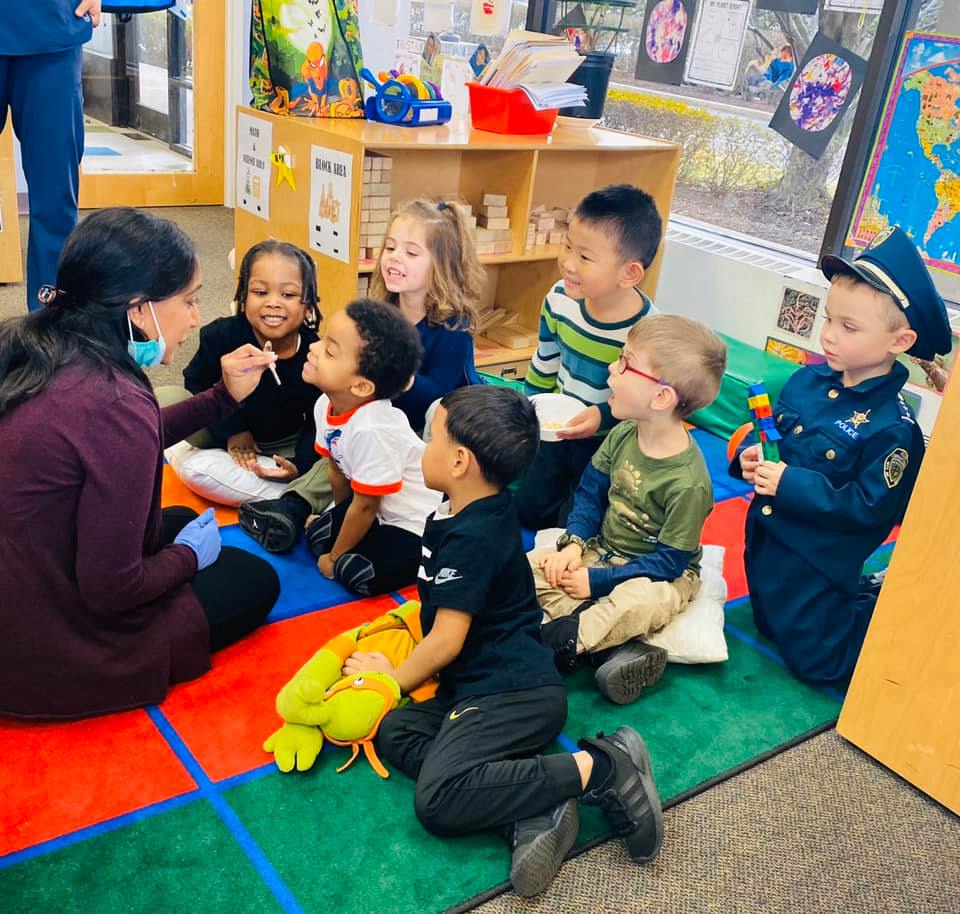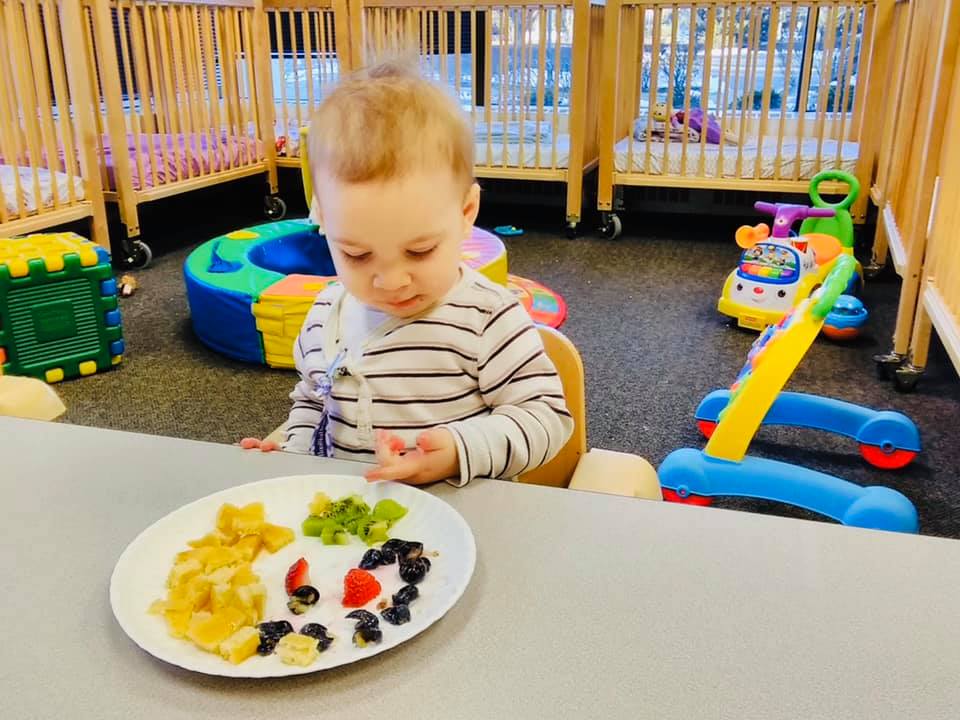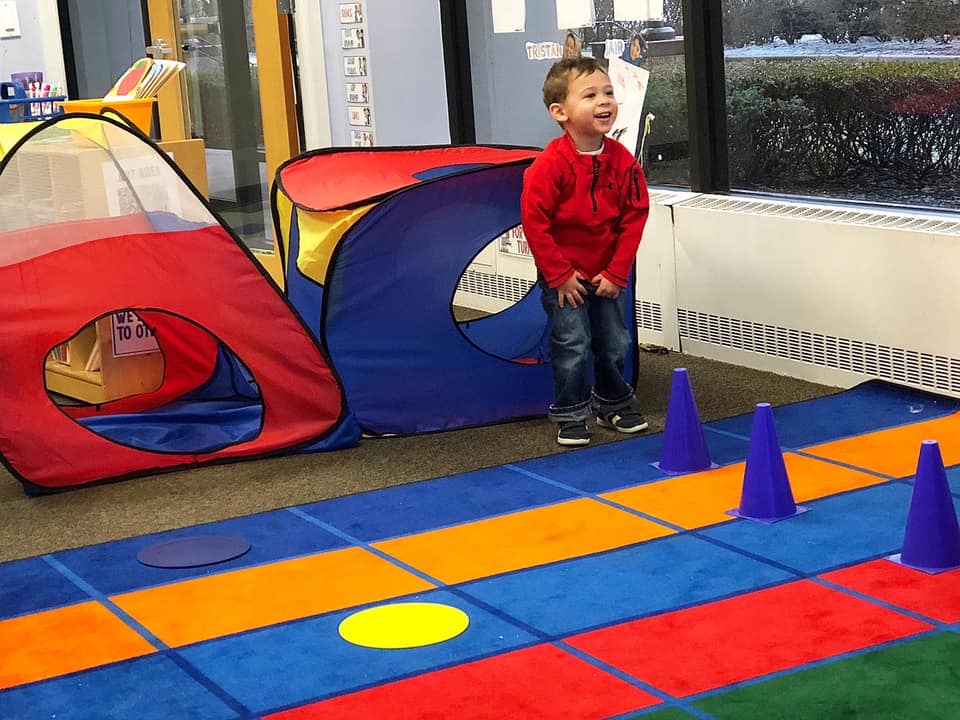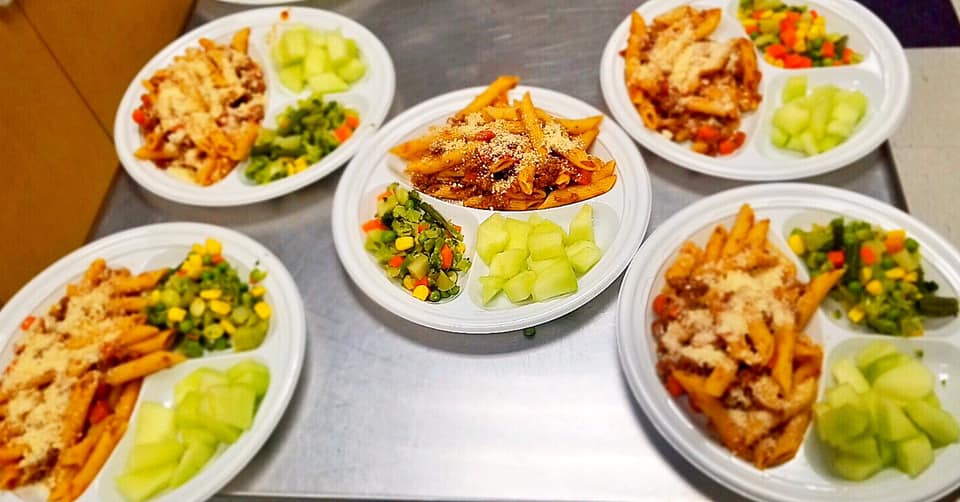Are you looking for quality child care near Elmsford New York. Just 24 miles northeast of Manhattan, the 1.1-square-mile Elmsford is one of six villages in the town of Greenburgh. The village, though, is quiet; its roughly 4,700 residents live on tree-lined streets in neighborhoods sprinkled with parks that are full of children.
Is My Child Safe in a Child Care Center?
There are many Child Care Centers to keep your child while you are at work. Discovery Village is unique. We offer the care of a village, the creativity of an art studio, and the discovery of a science lab. Children are immersed in quality learning and care. We have a state of the art keyless entry system, ensuring that parents can enter during center hours to see their children, while we keep those we do not know out. Families living and work can find at Discovery Village the best of child care near Elmsford.
Why Should I Leave my Child at Discovery Village?
At Discovery Village, children take part in designing classrooms into communities where they pursue their interests through projects and play. These communities incorporate fun, creativity and social interaction.
Early education can build the foundation of your child’s future. Here are a few benefits in enrolling your child:
- Child Care Centers Can Help Develop Social and Emotional Maturity
When you leave your children at Discovery Village, you give them the chance to meet new people. They will learn to share and mature while working together to create a community of fun, independence and creativity.
For all age groups Discovery Village’s high quality, imaginative learning experiences support children to thrive today while setting foundations for the future.
Child Care Services from Discovery Village
Discovery Village Childcare & Preschool is a child care institution located in Tarrytown, NY. Their goal is to provide an innovative approach to early childhood learning. They also designed their classrooms to nurture children’s interests. Focusing on caring relationships and creative self-expression, Discovery Village aims to give your children the best experience they need with different projects that can cultivate their curiosity and creativity.
From newborn through pre-K, Discovery village meets your child where they are to help them grow and develop with experience that includes self-care, care for others, care for our communities and care for our world. Check out their website today at DiscoveryVillageCenter.com and enroll your child today. You may also call them now at 914-631-1009!




